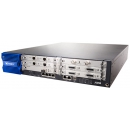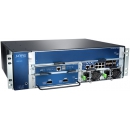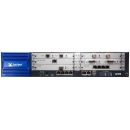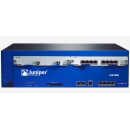The
DWL-2200AP is an ideal solution for creating a wireless network or
extending the range of an existing wireless network. For advanced
installations, this new high speed Wireless Access Point comes with
base unit and has an integrated 802.3af Power over Ethernet (PoE) port
that allows you to install the device in areas where power outlets are
not readily available.
The DWL-2200AP provides
maximum wireless security by supporting both WPA (Wi-Fi Protected
Access) and 802.1x for optimal data protection. Other security features
included in this Access Point are MAC Address Filtering, Wireless LAN
segmentation, Disable SSID Broadcast, and support for Advanced
Encryption Standard (AES) Encryption.
To maximize your return on investment, the DWL-2200AP can be configured
in any one of four modes: Access Point, Point-to-Point (PtP) bridge
with another DWL-2200AP, Point-to-Multipoint (PtMP) bridge, or
Repeater. For compatibility with other D-Link hardware, the DWL-2200AP
uses Wireless Distribution System (WDS) technology when running in
Repeater mode.
The
DWL-2200AP delivers extremely fast wireless performance with a maximum
wireless signal rate of up to 108Mbps*. These high data rates are
achieved through the use of several feature enhancements like Turbo
Mode, Compression, Packet Bursting, and FastFrames, which are fully
compatible with the IEEE 802.11b and 802.11g standards.
Network administrators can manage all the DWL-2200AP’s
settings via its Web-based configuration utility or with Telnet. For
advanced network management, administrators can use D-Link’s AP Manager or D-View SNMP management module to configure multiple access points from a single location.
With integrated PoE support, extensive manageability, versatile
operation modes, and solid security enhancements, the new D-Link
AirPremier DWL-2200AP Wireless Access Point provides everything needed
to easily set up a wireless network in your workplace, or to simply
extend the range of your wireless signal.
*
Maximum wireless signal rate derived from IEEE Standard 802.11g
specifications. Actual data throughput will vary. Network conditions
and environmental factors lower actual data throughput rate.
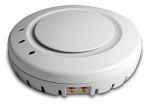 D-Link DWL-8220AP
D-Link DWL-8220AP
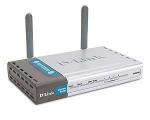 D-Link DI-624M
D-Link DI-624M
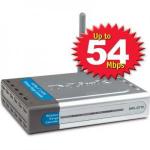 D-Link DWL-G710
D-Link DWL-G710
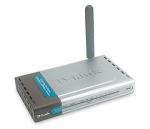 D-Link AirPremierTM AG DI-784
D-Link AirPremierTM AG DI-784
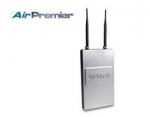 D-Link AirPremier DWL-2700AP
D-Link AirPremier DWL-2700AP
 D-Link AirPremier DWL-7700AP
D-Link AirPremier DWL-7700AP
 D-Link AirPremier DWL-8200AP
D-Link AirPremier DWL-8200AP
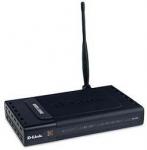 D-Link GamerLounge DGL-4300
D-Link GamerLounge DGL-4300

